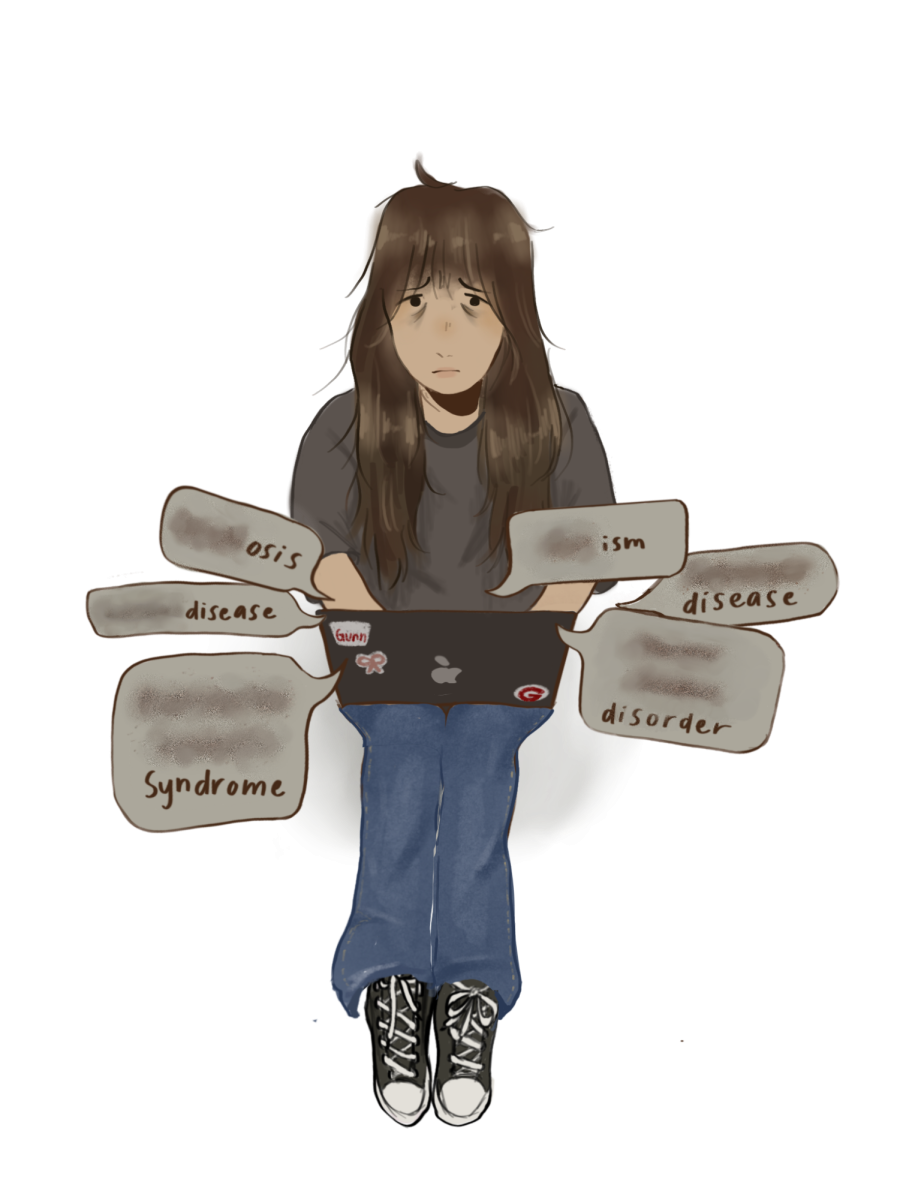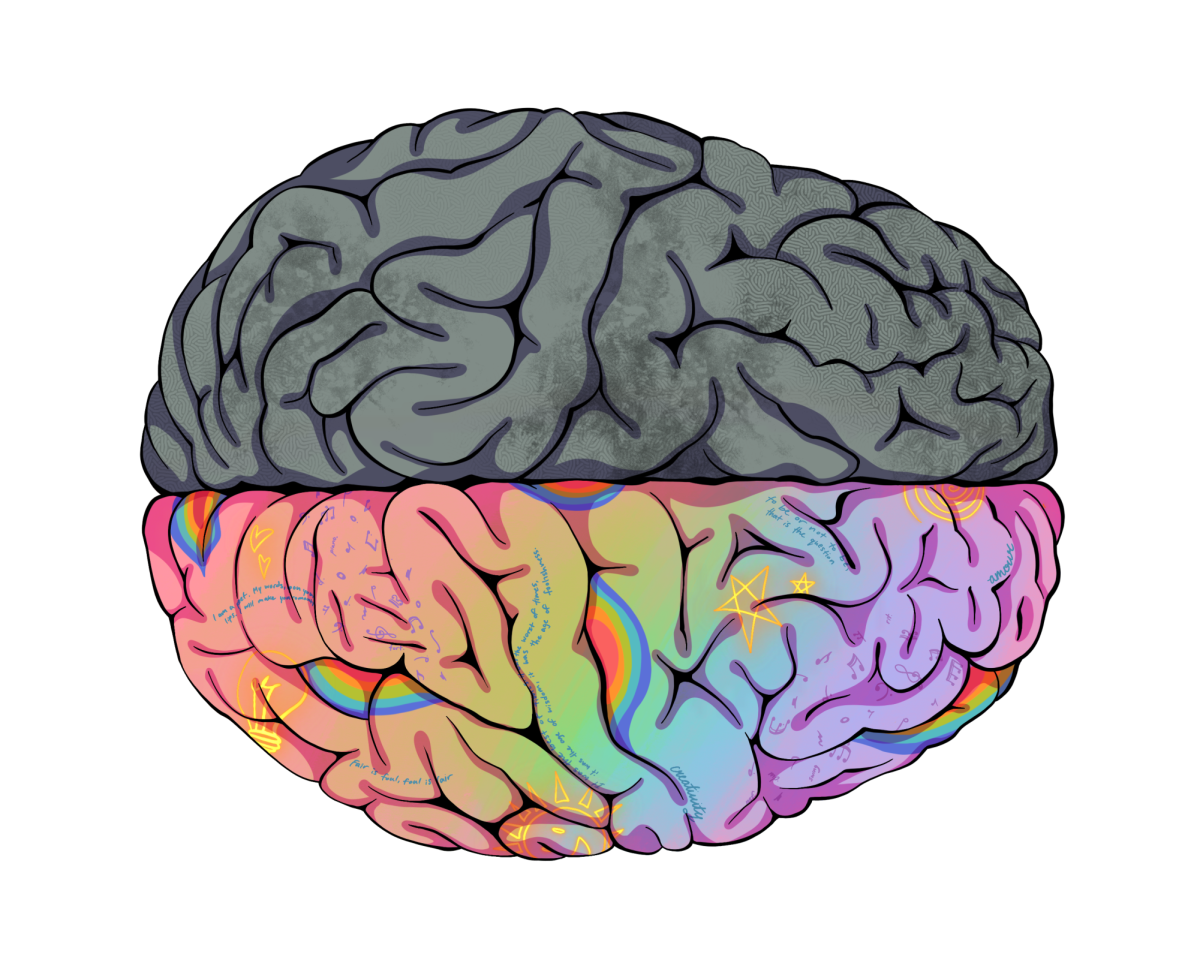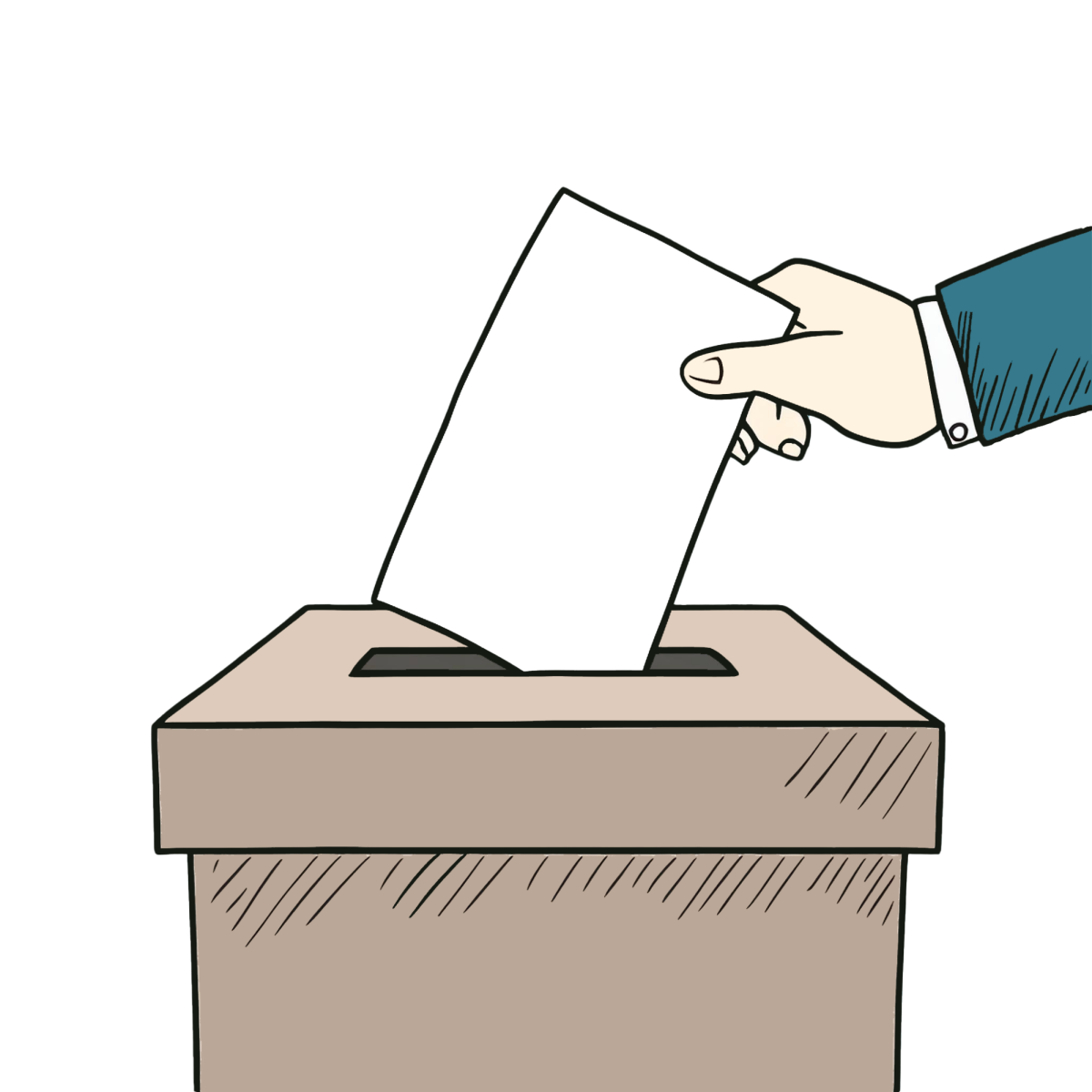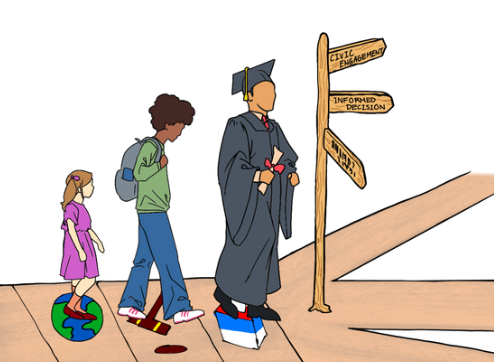Written by Yael Livneh
There are many diffculties when it comes to foreign travel: currency exchange rate, new environments and even culture shock. But the most difficult barrier of all is language. Being bilingual enhances travel experiences, allowing travelers to connect and network together. Many languages stem from a common ancient language, such as Latin. e Roman language branched into what’s known as the Romance languages: Italian, Portuguese, Spanish, French and more. Because these languages come from a Latin root, they are all fairly similar. For example, the word “night” is nuit in French, noche in Spanish, Nacht in German and noite in Portuguese. Understanding several languages allows a multilingual speaker to understand some words and phrases in any similarly-rooted language. Reading a pamphlet about milk on your family’s trip to Cancun using your middle-school French 1A skills? Done: lait and leche.
It’s no secret that speaking more than one language gives you a professional advantage. ere are end- less workplace benefits, such as increased mental ability, quick problem-solving and heightened communication skills. Employers generally search for employees based on their experiences and education. By listing the ability to speak another language, a resume shines brighter and stands out more than others. In 2013, CNN Money named bilingualism as the most attractive skill for job seekers. A study conducted by BeHiring found that recruiters only spend around five to seven seconds on any individual resume. Four seconds are generally set aside for going over job titles, companies someone has already worked at, start/end dates and education. Anything else will only receive about two seconds to leave an impression, but having multiple languages on a resume will leave a lasting impact on the interviewer.
According to the Alzheimer’s Association, a whopping ve million Americans live with the
disease, and this number could rise as high as 16 million by 2050. Every 66 seconds, someone in the U.S. develops Alzheimer’s, and the disease is the sixth leading cause of death in the country. In a 2012 study conducted by the University of California, San Diego, 44 elderly Spanish-English bilinguals were evaluated for their language proficiency. The research found that the higher your level of proficiency, the later you were likely to experience Alzheimer’s symptoms. The bilingual brain contains a higher density of gray matter, which in turn contains most of the brain’s neurons and synapses. Speaking two languages can work wonders for the brain in the long run, from improving memory to preventing early onset of incurable conditions such as Alzheimer’s.
Knowing two languages is not only a cool party trick. Several studies have found that speaking multiple languages changes your brain structure, improving mental function and memory skills. Most languages have varying syntax and structures, forcing bilingual speakers to work much harder than monolingual speakers. This extra mile of effort makes it easier to focus and understand other words, speeding up the thought processes of the neurological pathways. A 2014 study conducted by the journal Brain and Language found that people who speak more than one language are more capable of filtering out unnecessary words than single-language speakers. Being bilingual is a constant brain exercise, helping out in smaller tasks and improving the brain’s ability to process faster in the short run.









